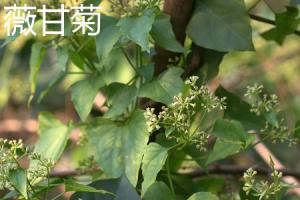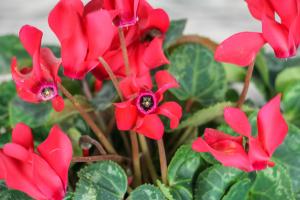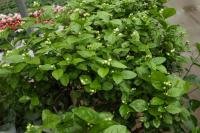1、 Introduction to Parthenocissus
Parthenocissus, also known as Parthenocissus, is a plant of the genus Euphorbia in the grape family, which can be adsorbed on walls, trunks and rocks. The flowering period is in May and the fruiting period is from September to October. It can beautify the environment, block strong light and reduce noise. It is suitable for cultivation in courtyards, bridgeheads and other places conducive to the beautification of houses and surrounding environment. It can not only cool down, but also reduce noise. Its flower language is "friendship, loyalty and marriage"

2、 Characteristics of Parthenocissus
1. Appearance features: it is a vine with strong climbing ability. Creeper branches have tendrils and sticky suction cups at the top, so they can be adsorbed on walls, trees and rocks. The leaves are green and glabrous, and turn red in autumn
2. Growth habit: its habit is easy-going and has strong adaptability. It likes shade and is resistant to drought. It can grow in ordinary soil. In addition, the growth rate is fast. Generally, a vine with a stem diameter of 2cm can cover 30-50 square meters of the wall after planting for about two years

3、 The role of Parthenocissus
1. Beautify the environment: it can climb on the wall or rock for vertical greening. It is planted on the walls, walls, garden entrance, bridge head and other places of the house, which is used to beautify the environment and has high ornamental value
2. Maintain air humidity: its tendril suction cup can absorb water from the wall and make the wet house dry; In the dry season, humidity can be increased
3. Noise reduction: as a barrier between the house and the outside world, it can absorb the noise in the environment and absorb the flying dust at the same time
4. The strong sunlight covers the room and reduces the temperature
5. Medicinal value: its roots and stems can be used as medicine. It has the effects of breaking blood, invigorating tendons, hemostasis and detumescence


 jackfruit
jackfruit snake plant
snake plant hibiscus
hibiscus hydrangea
hydrangea lavender
lavender Green roses climb al...
Green roses climb al... If you don't pay att...
If you don't pay att... Management of four g...
Management of four g...































